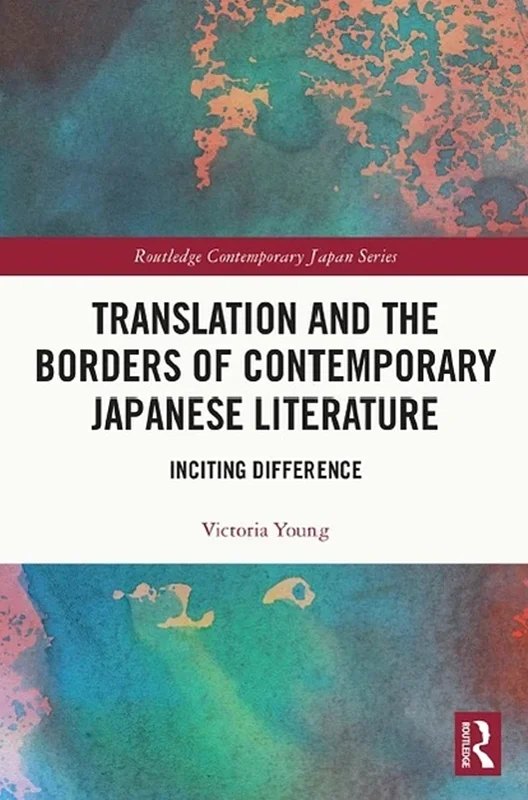Translation and the Borders of Contemporary Japanese Literature
Victoria Young, B0CYSYSC7T, 1032564865, 9781032564869, 978-1-032-56486-9, 978-1032564869, 978-1-032-56487-6, 978-1032564876, 9781032564876,978-1-003-43576-1, 9781003435761, 978-1003435761
This book examines contemporary debates on such concepts as national literature, world literature, and the relationship each of these to translation, from the perspective of modern Japanese fiction.
By reading between the gaps and revealing tensions and blind spots in the image that Japanese literature presents to the world, the author brings together a series of essays and works of fiction that are normally kept separate in distinct subgenres, such as Okinawan literature, zainichi literature written by ethnic Koreans, and other “trans-border” works. The act of translation is reimagined in figurative, expanded, and even disruptive ways with a focus on marginal spaces and trans-border movements. The result decentres the common image of Japanese literature while creating connections to wider questions of multilingualism, decolonisation, historical revisionism, and trauma that are so central to contemporary literary studies.
This book will be of interest to all those who study modern Japan and Japanese literature, as well as those working in the wider field of translation studies, as it subjects the concept of world literature to searching analysis.


